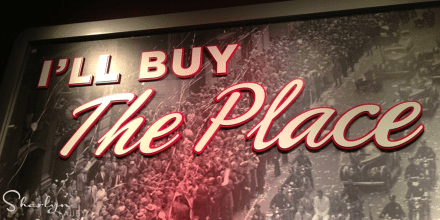If You Know the Goal, Do You Still Have to Plan for It?
I read a statement recently that I haven’t been able to forget.
People without a clear purpose will have to carry an organizer to plan their day.
I keep staring at this sentence trying to figure out the intersection of purpose and planning. If I break down the key definitions, purpose means the reason something is done. So the sentence could be reworded as “People who don’t understand the reason something is done will have to carry an organizer to plan their day.”
Add to that, planning is typically a list of steps, resources, and timing to achieve an outcome. The statement then can be reworked to say, “People who don’t understand the reason something is done will have to carry an organizer with a list of steps, resources, and timing to achieve their work for the day.”
As I rework the sentence, I struggle with the logic. A person can completely understand their purpose and use planning as a way to achieve it. Or they could, as the author mentioned, be without purpose and use the planner to find it.
Same is true for goals and tasks. A goal is the focus of a person’s effort. It’s a desired result (similar in concept to a purpose). A task is a piece of work to be done, or a step in the process. Carrying an organizer with the steps to be done doesn’t necessarily mean you’ve forgotten the goal or that you don’t understand the goal.
Maybe the point isn’t planning. Maybe it’s the method being used to plan (i.e. an organizer). Maybe the author’s intent was to say, “People who haven’t found the reason something is done carry an organizer with a list of steps, resources, and timing to achieve their work for the day.” But I’m not sure that makes any sense either.
I guess the reason that the sentence above has stuck with me was it seems to imply that if you’ve found your passion or you know your goal then you don’t need to write anything down (or note it on your phone, whatever your preferred planning method might be). I took the sentence as saying planning is only necessary if you don’t know your path. And I don’t believe that to be true. Maybe I’m just being defensive because I carry an organizer and I like to think I’m pretty aware of my purpose and goals.
[Tweet “What is the intersection of purpose and planning?”]
It’s true – planning can help set goals and create focus. It can also assist with setting priorities and establishing goal congruency. For example, we know the goals…we just need to put them in a logical order. A personal example would be Mr. Bartender and I know the renovation projects we want to do around the house. We have to prioritize them and establish a budget. And plans can change over time.
What do you think? Do you carry an organizer and what do you use it for?
Image: quote courtesy of Howard Hughes photographed by Sharlyn Lauby
0